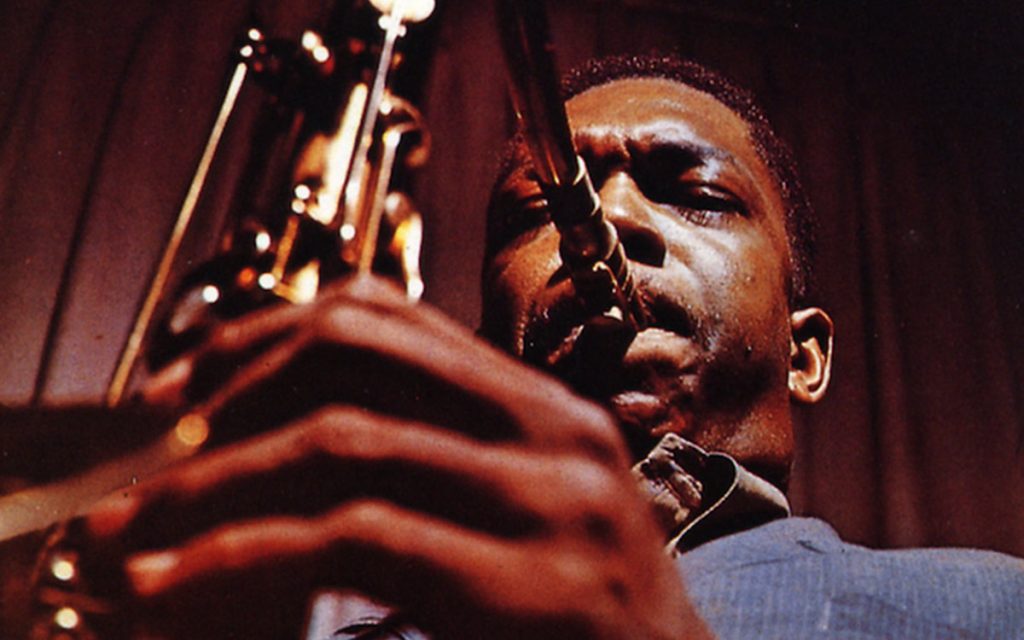Welcome to the Famous Replacement Child monthly feature! This month’s profile is about John Coltrane, excerpted with permission from Replacement Children: The Unconscious Script, by Rita Battat and Dr. Abigail Brenner. We hope you find these interesting and informative.
Write to us at letters@replacementchild.com with more ideas about what you would like to see on this blog, and on our site in general.

John Coltrane, a replacement child
John Coltrane was born on September 23, 1926 in North Carolina. His father was a tailor by trade but loved music and played several instruments. When Coltrane began playing the saxophone at age thirteen, it was clear that he was enormously talented.
In an article (John Coltrane and the Replacement Child, Jazz Research Journal, Vol. 3, No. 1, 2009) author Bertrand Lauer hypothesizes that Coltrane’s family history had a profound influence on his personal life as well as his professional life as a musician. The stage is set from the beginning: Coltrane is a replacement child for his mother’s first child who died in infancy, shortly before Coltrane’s birth.
“Maybe less than a year. Too short a time for the mother to finish off the mourning of her deceased firstborn child.”
Lauer describes what we will hear over and over again— that hastening the end of mourning by prematurely replacing a deceased child may have far-reaching consequences. In this case, the author puts forth the idea that Coltrane’s mother was most certainly still in mourning, but further notes that mourning can become melancholia.
Quoting Freud in Lauer’s article, “In mourning it is the world which has become poor and empty; in melancholia it is the ego itself.”
Possibly, Coltrane absorbed his mother’s depression— her incomplete, unresolved mourning, and her sense of guilt—and this may explain in part why he remained close to her his whole life. In addition, his maternal grandmother had also lost a firstborn child and mourning was never completed for that child.
Tragedy struck in Coltrane’s teenage years with a series of deaths of significant people over about a two year period: his grandfather, Reverend Blair (his mother’s father), Coltrane’s father, his maternal grandmother, and Goler Lyerly, his uncle.
Lauer further proposes that what remains unspoken within a family, may eventually become a family secret and this, in turn, might negatively affect a child psychologically. Such were the events surrounding the unresolved mourning of the first child born to Coltrane’s mother.
He was a class musician, a gifted jazz saxophonist who played with the best in the business such as Dizzy Gillespie and Miles Davis. But he was profoundly self-destructive, addicted to alcohol, cigarettes, and heroin. He was known to practice obsessively, “maniacally” for hours on end. But while staying with his mother in May 1957, Coltrane had a spiritual awakening and gave up drugs and alcohol.
Sadly, Coltrane would not find the “answers” he was seeking. In 1965 he began using LSD. Addiction followed. And in July, 1967 Coltrane died of liver cancer.